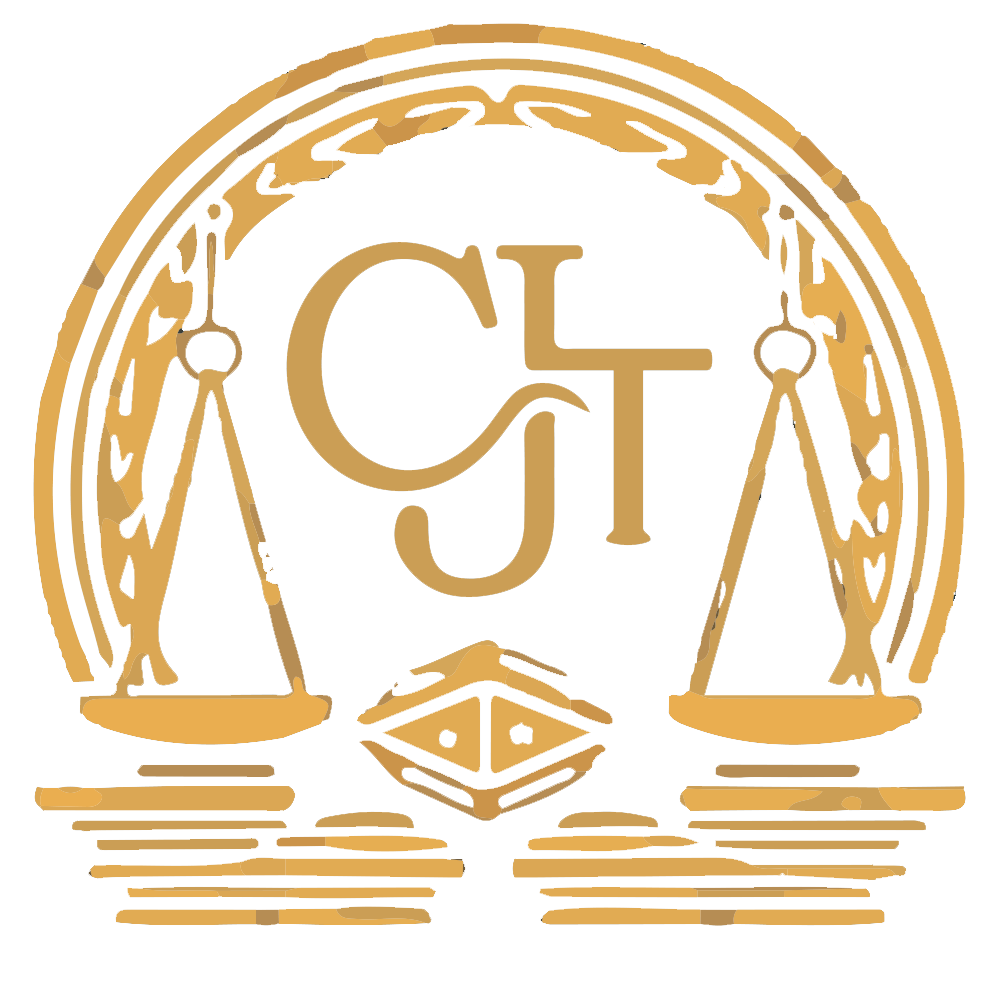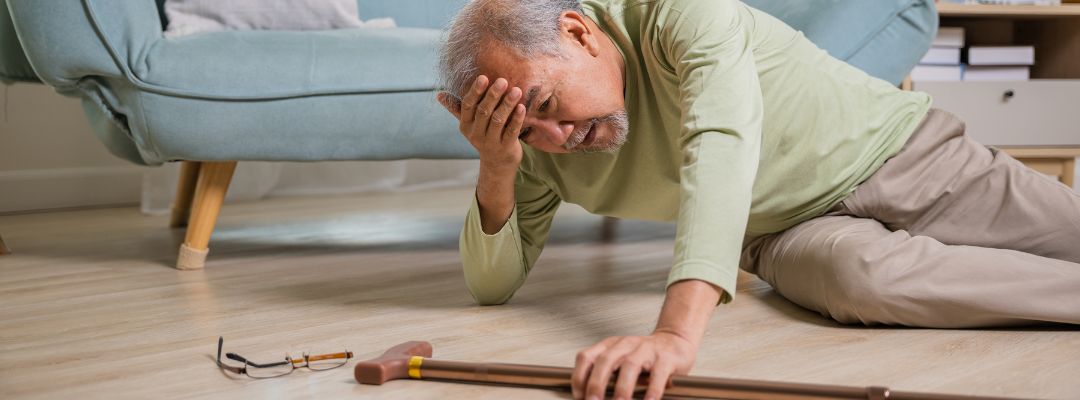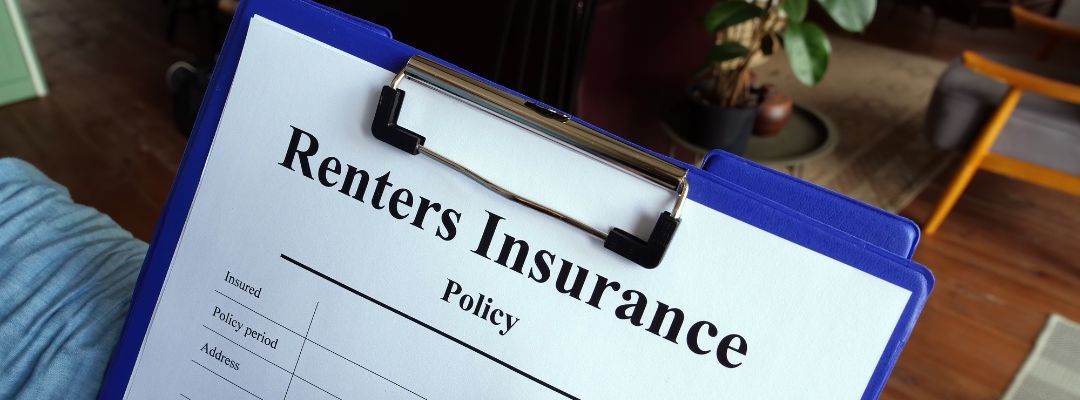
What Is a Personal Injury Lawyer?
When accidents happen, life can change in an instant. Whether it’s a car accident, a fall on someone else’s property, or an injury at work, the effects can be serious. You might find yourself dealing with pain, hospital visits, and unexpected bills. In these tough times, a personal injury lawyer can be your best support system. They help protect your rights, guide you through the legal process, and fight to get you fair compensation.
If you’re in Maryland, especially in Baltimore or the surrounding areas, you have access to many experienced and knowledgeable lawyers who are ready to help. Many of these attorneys also offer free consultations, so you don’t have to worry about upfront costs when deciding who to hire.
Understanding Personal Injury Law

Personal injury law, also known as tort law, exists to protect people who get hurt because of someone else’s actions or negligence. It covers a wide range of situations where a person suffers physical, emotional, or even financial harm. The goal of personal injury law is to make sure the injured person is compensated for their losses. This can include medical bills, lost wages, emotional distress, and more.
A personal injury attorney is a lawyer who focuses on these types of cases. They work hard to ensure that their clients are treated fairly and that the people or companies responsible for the injury are held accountable.
What a Personal Injury Lawyer Does
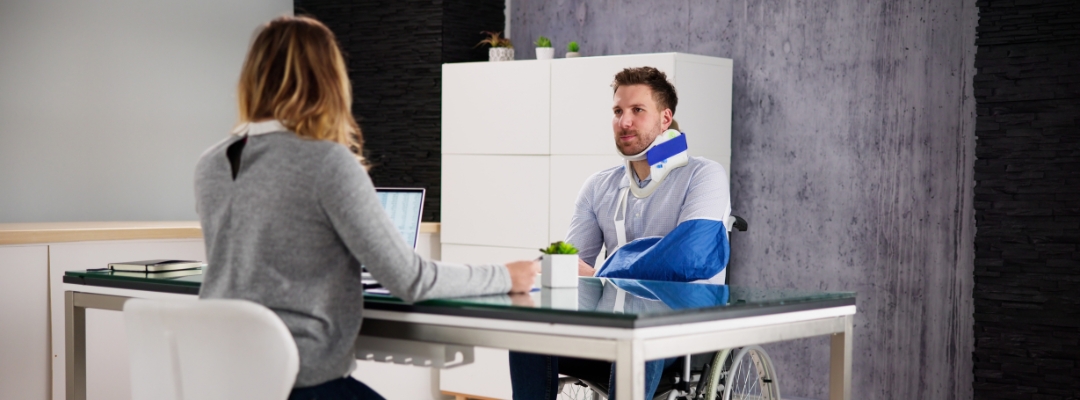
A Maryland personal injury attorney handles every part of your injury claim from start to finish. Here’s a closer look at what they do:
- Case Review and Evaluation: The first step is usually a free consultation. During this meeting, the lawyer listens to your story, asks questions, and evaluates whether you have a strong case. Most lawyers in Maryland with free consultations will offer this first meeting at no cost and with no obligation.
- Investigation and Evidence Gathering: Once you decide to move forward, the attorney will begin gathering important evidence. This could include police reports, medical records, photos of the accident scene, and statements from witnesses. A personal injury lawyer based will also be familiar with local procedures and court systems, which can help your case move more smoothly.
- Dealing with Insurance Companies: Insurance companies often try to settle quickly and for less than you deserve. A good personal injury attorney knows how to negotiate with them and won’t let you be taken advantage of. They’ll handle the paperwork and communications so you can focus on healing.
- Filing a Lawsuit If Needed: If the insurance company refuses to offer a fair settlement, your attorney may suggest filing a lawsuit. From filing the initial claim to representing you in court, your lawyer will be by your side every step of the way.
- Securing Compensation: Your attorney will fight to get you the compensation you deserve. This may include money for medical expenses, ongoing treatment, lost income, pain and suffering, and more.
Common Types of Personal Injury Cases
There are many different situations where you might need a personal injury lawyer. Some of the most common types of cases include:
- Car Accidents: These are the most common personal injury claims. Whether the accident involved another car, a truck, or a motorcycle, injuries can be severe. A Maryland car accident attorney can help determine who was at fault and what damages you may be entitled to.
- Slip and Fall Accidents: Property owners are responsible for keeping their spaces safe. If you slip, trip, or fall due to unsafe conditions like wet floors, broken stairs, or poor lighting, you might be entitled to compensation.
- Medical Malpractice: Doctors and medical professionals must provide a certain standard of care. If they make a mistake that leads to injury, you can file a personal injury claim by hiring a medical malpractice attorney. This could include surgical errors, misdiagnosis, or improper treatment.
- Workplace Injuries: If you were injured on the job, you might be able to file a workers’ compensation claim. In some cases, you may also have a personal injury claim if someone other than your employer caused the injury.
- Product Liability: When a product is unsafe and causes harm, the company that made or sold it can be held responsible. This applies to defective car parts, dangerous toys, harmful medications, and more.
Why Hire a Personal Injury Attorney?

Handling a personal injury case on your own can be overwhelming. The legal system is complicated, and insurance companies often have teams of lawyers working for them. By hiring a skilled attorney, you level the playing field. Here are just a few reasons why hiring a top-rated personal injury attorney is a smart move:
- They know the law: Personal injury laws differ by state, and navigating Maryland’s legal system can be complex. A local attorney understands the state-specific statutes, deadlines, and legal procedures that could directly impact your ability to win or maximize compensation.
- They can increase your settlement: Statistical research consistently shows that injured individuals who hire experienced personal injury attorneys tend to receive significantly higher settlements compared to those who try to negotiate or litigate without legal representation.
- They reduce your stress: Dealing with insurance companies, filing legal documents, and handling negotiations can be overwhelming after an accident. A personal injury lawyer takes on these tasks, allowing you to focus on your recovery without unnecessary stress or pressure.
- They don’t get paid unless you win: Most personal injury lawyers in Maryland work on a contingency fee basis, meaning they only get paid if they successfully recover compensation for you, making legal help accessible without any upfront financial risk.
Choosing the Right Lawyer in Maryland
When searching for legal help, it’s important to find the right match for your needs. Not every attorney is the same, so here are a few tips for choosing the right personal injury lawyer Baltimore residents trust:
- Look for Experience: The best lawyers in Maryland have years of experience handling personal injury cases. Ask about the lawyer’s background, success rate, and whether they’ve handled cases similar to yours.
- Check Reviews and Ratings: Online reviews, testimonials, and ratings can give you insight into the lawyer’s reputation. Look for top-rated personal injury attorneys with a history of positive outcomes and satisfied clients.
- Ask About Communication: Good communication is key. Make sure your lawyer keeps you updated, answers your questions, and explains legal terms in a way you understand.
- Take Advantage of Free Consultations: Use this opportunity to meet with a few attorneys and find the one that feels right. Many lawyers in Maryland with free consultations will offer guidance even before you hire them.
What to Expect After Filing a Claim
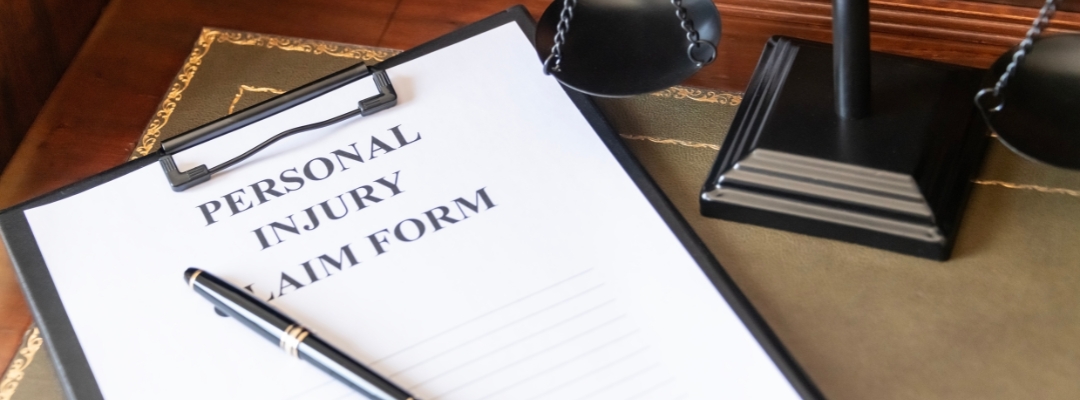
Filing a personal injury claim is just the first step toward seeking justice and compensation. Once your claim is submitted, a process begins that involves several key stages. Here’s a breakdown of what typically happens next, so you know what to expect:
- The Investigation: Once your claim is filed, your personal injury attorney will begin gathering all the necessary evidence to support your case. This can include your medical records, police reports, photographs of the scene, witness statements, and any surveillance footage if available. If needed, your lawyer may also consult with medical professionals or accident reconstruction experts to strengthen your claim. This investigative phase is critical, as it lays the groundwork for proving liability and demonstrating the extent of your injuries.
- Demand Letter: After compiling the evidence, your attorney will prepare and send a formal demand letter to the at-fault party’s insurance company. This letter outlines your injuries, the impact they’ve had on your life, and a detailed account of all medical expenses, lost wages, and other related costs. It also specifies the amount of compensation you are seeking. The demand letter serves as the official starting point for settlement negotiations.
- Negotiation: Once the insurance company receives the demand letter, it will review your claim. They may accept the terms, reject the claim entirely, or present a counteroffer. This back-and-forth negotiation can take time, and it’s where having an experienced Maryland personal injury attorney really pays off. Your lawyer will handle all communications and push for a fair settlement that reflects your losses.
- Settlement or Trial: If both sides come to an agreement, the case is settled out of court, and you receive the negotiated compensation. However, if the insurance company refuses to offer a fair amount, your attorney may recommend taking the case to trial. In court, your lawyer will present your case before a judge or jury, who will then decide the outcome and amount of compensation. While most cases settle, it’s reassuring to know that a top-rated personal injury attorney will be fully prepared to go to trial if needed.
How Much is My Personal Injury Case Worth?
One of the most common questions people ask after an accident is, “How Much is My Personal Injury Case Worth?” The truth is, every personal injury case is different, and the value depends on several key factors. A skilled Maryland personal injury attorney can help you understand what your specific case may be worth based on the details.
Factors That Affect Case Value
- Medical Expenses: This includes past, current, and future medical costs related to your injury. Emergency room visits, surgeries, physical therapy, and medications all play a part.
- Lost Wages: If you missed work due to your injury or cannot return to your job, you may be entitled to compensation for your lost income and any loss of earning potential.
- Pain and Suffering: These damages cover the physical pain and emotional distress you’ve experienced as a result of the accident.
- Property Damage: In cases like car accidents, the cost of repairing or replacing your vehicle may also be included.
- Liability and Evidence: How strong your case is and the amount of clear evidence you have will also influence the final settlement or court award.
Final Thoughts
Getting injured because of someone else’s carelessness can turn your world upside down. But you don’t have to go through it alone. A knowledgeable personal injury attorney can guide you, support you, and fight for what’s right. Whether you’re looking for a Maryland personal injury attorney, a personal injury lawyer in Baltimore, or simply exploring lawyers in Maryland with free consultation, there’s help available.
When you work with one of the top-rated personal injury attorneys, you’re giving yourself the best chance at a fair and full recovery, both physically and financially. Take the first step today by reaching out to us at 410-699-0558 || contact@terryatlaw.com. It could make all the difference in your case and your future.
